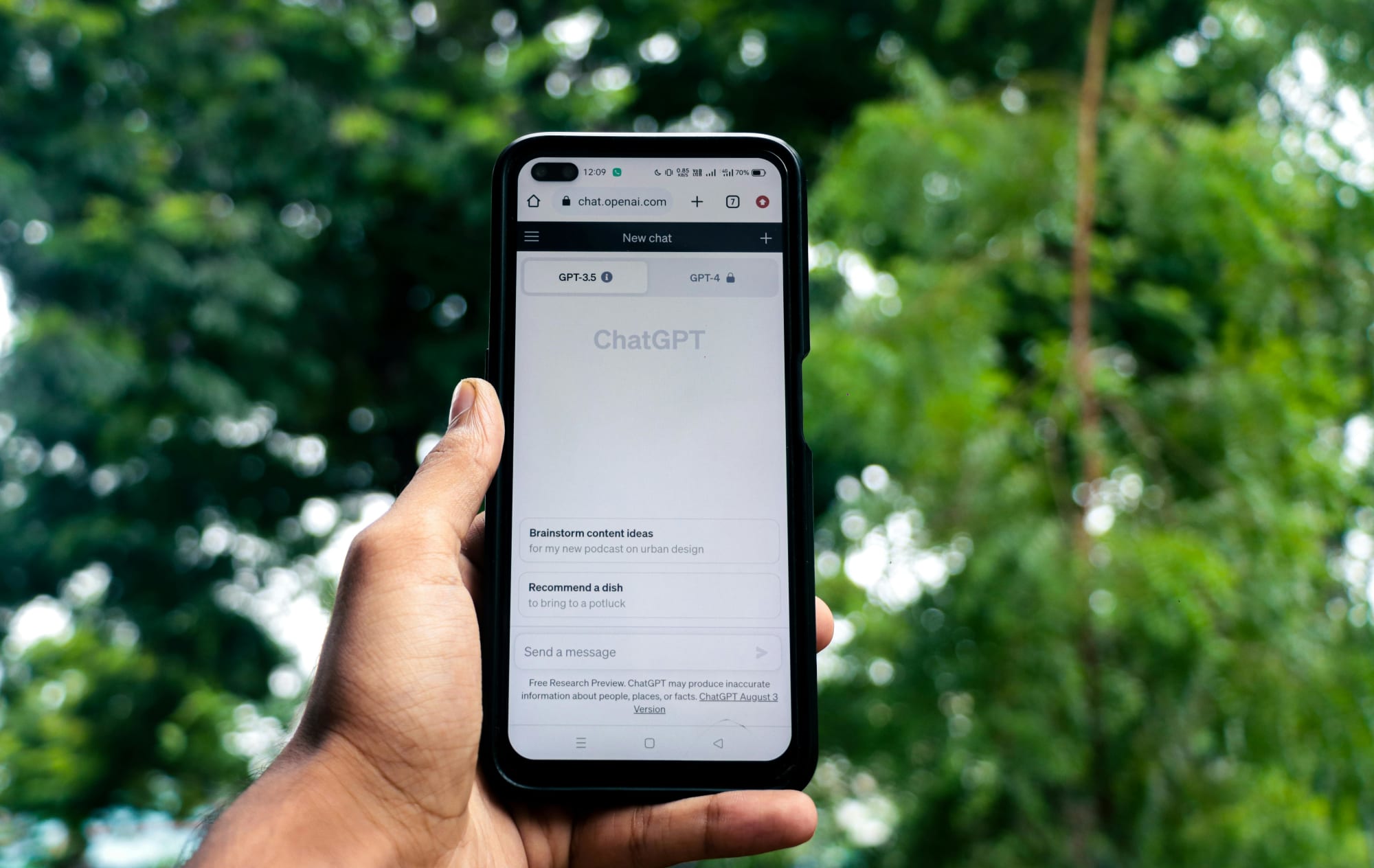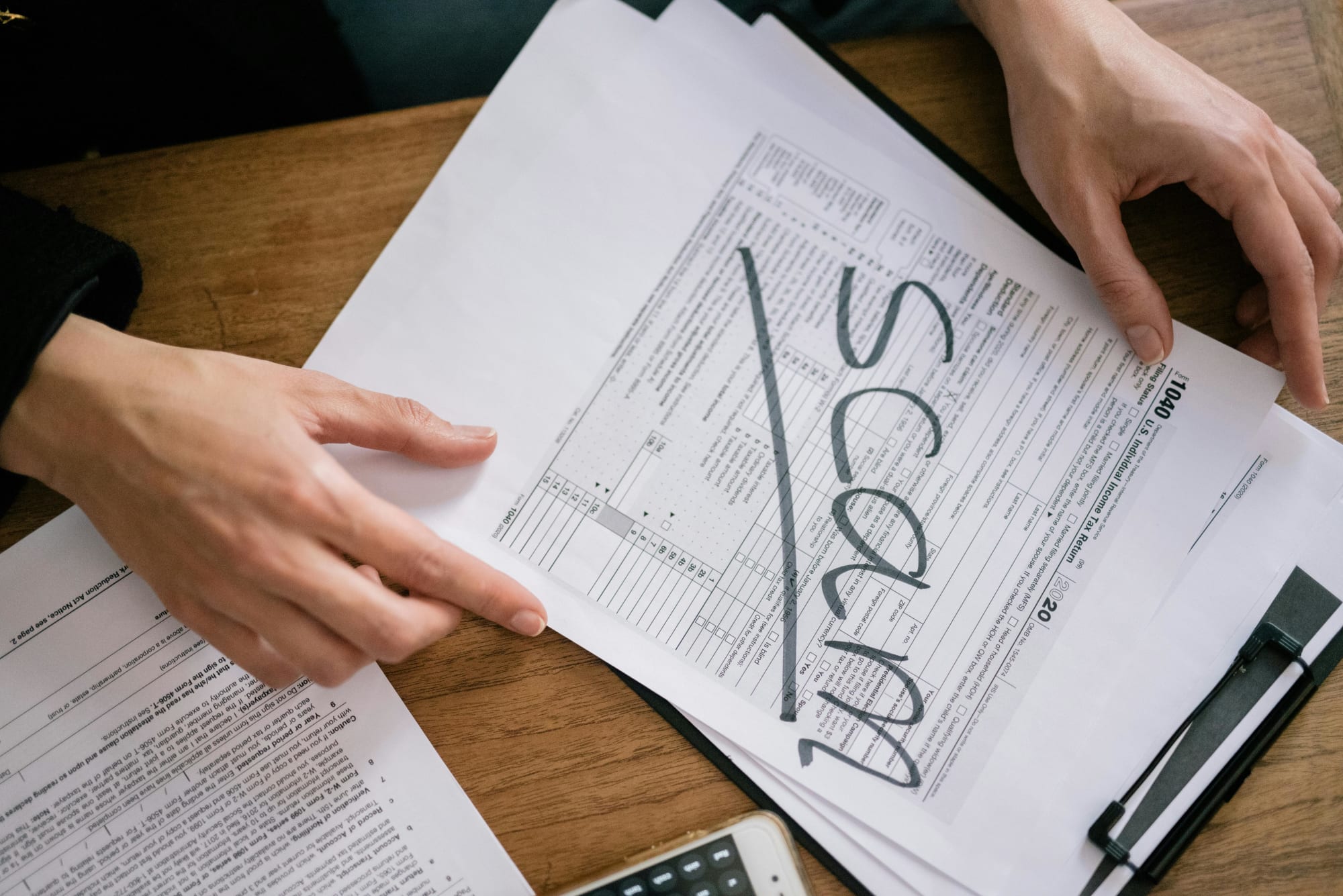Save
Be on high alert for new ATO SMS scam
A new SMS scam is doing the rounds, promising an 8 per cent bonus on tax returns to the victims of recent natural disasters.
Be on high alert for new ATO SMS scam
A new SMS scam is doing the rounds, promising an 8 per cent bonus on tax returns to the victims of recent natural disasters.

The Australian Taxation Office (ATO) has raised the alarm about the scam, with assistant commissioner Karen Foat calling the messages a “classic case” of fraudsters impersonating the ATO.
She said they do this in an effort to collect personal information from people, including names, addresses, emails, phone numbers and online banking login details.
Included in the SMS scam is a link to a fake myGov website that looks genuine.
“If you receive an SMS, call, or email and aren’t sure if it’s genuine, it’s OK to not respond,” Ms Foat advised.

“Instead, you can phone the ATO’s dedicated scam line – 1800 008 540 – to check if it is legitimate.”
Scams can also be reported online at https://www.ato.gov.au/reportascam/.
While the Tax Office does send SMS and emails, and also makes phone calls to taxpayers, it has said there are some tell-tale signs associated with scams that can aid in identifying fraudulent contact.
The ATO said it will never:
- Send an SMS or email requesting you click on a hyperlink to log on to government services;
- Ask you to provide any personal identifying information in order to receive a refund;
- Use aggressive or rude behaviour, or threaten you with immediate arrest, jail or deportation;
- Project its number onto your caller ID – so people can be sure that if there’s a number on their caller ID, it’s not the ATO calling; or
- Request payment of a debt via cardless cash, iTunes or Google Play cards, pre-paid Visa cards, cryptocurrency, or direct credit to a personal bank account.
Importantly, don’t give up any personal information.
Ms Foat flagged that last year alone, more than 15,000 people reported to the Tax Office that they had provided scammers with personal identifying information.
“Your personal and financial information is like the keys to your identity and your money,” she outlined.
“Once a scammer has your data, they will either sell it on the black market or use it to impersonate you.”
She explained how when armed with your details, scammers can do things like get a loan or commit fraud in your name, access your bank account and shop using your credit card, lodge tax returns, or steal your superannuation.
“If you or someone you know has fallen victim to a tax related scam, the best thing to do is call the ATO as soon as you can on 1800 008 540,” the assistant commissioner concluded.
About the author

About the author


Scams
Holiday scams are now a P&L risk: Why Australian brands must treat cyber fraud as a growth problem, not just an IT issue
The festive fraud spike isn’t simply a consumer cautionary tale—it’s a balance sheet and brand-trust event for retailers, marketplaces and financial services. With AI‑assisted scams surging and ...Read more

Scams
Trend Micro forecasts a new era of AI-driven scams by 2026
In a comprehensive report released today, cybersecurity leader Trend Micro Incorporated warns that 2026 will mark a significant turning point in the evolution of scams, driven by artificial ...Read more

Scams
Australians urged to stay vigilant as holiday scammers ramp up activity
As the festive season approaches, Australians are being warned to be on high alert for a surge in scam activities. With the increase in online shopping, travel bookings, and holiday preparations, ...Read more

Scams
Scam alert: Trend Micro warns Aussies to be vigilant as Black Friday approaches
As Australians prepare to dive into Black Friday shopping, cybersecurity firm Trend Micro has issued a stark warning about a surge in scam activities targeting eager consumers. According to a recent ...Read more

Scams
Economic stress leaves Australians vulnerable to job and financial scams
As Australians brace for the holiday season, a significant increase in job and financial scams is raising alarms. New findings from global cybersecurity leader Trend Micro Incorporated reveal that ...Read more

Scams
AI-driven investment scams explode: Millions of fraudulent sites blocked, billions lost
In an alarming trend that has caught the attention of cybersecurity experts worldwide, the use of artificial intelligence (AI) in investment scams has surged dramatically. Between March and October ...Read more

Scams
From awareness to accountability: Banks turn scam prevention into a core P&L discipline
Scam Awareness Week is the headline, but the real story is a structural shift: fraud prevention is moving from compliance footnote to board-level performance driver. ANZ’s 15% reduction in scam losses ...Read more

Scams
Inside ANZ’s $100m scam‑fight playbook: how banks can turn awareness into prevention
Public-service messaging won’t stop modern scammers. Australia’s banks are moving from posters to prevention, blending AI, network controls and customer friction to change outcomes. ANZ’s program ...Read more

Scams
Holiday scams are now a P&L risk: Why Australian brands must treat cyber fraud as a growth problem, not just an IT issue
The festive fraud spike isn’t simply a consumer cautionary tale—it’s a balance sheet and brand-trust event for retailers, marketplaces and financial services. With AI‑assisted scams surging and ...Read more

Scams
Trend Micro forecasts a new era of AI-driven scams by 2026
In a comprehensive report released today, cybersecurity leader Trend Micro Incorporated warns that 2026 will mark a significant turning point in the evolution of scams, driven by artificial ...Read more

Scams
Australians urged to stay vigilant as holiday scammers ramp up activity
As the festive season approaches, Australians are being warned to be on high alert for a surge in scam activities. With the increase in online shopping, travel bookings, and holiday preparations, ...Read more

Scams
Scam alert: Trend Micro warns Aussies to be vigilant as Black Friday approaches
As Australians prepare to dive into Black Friday shopping, cybersecurity firm Trend Micro has issued a stark warning about a surge in scam activities targeting eager consumers. According to a recent ...Read more

Scams
Economic stress leaves Australians vulnerable to job and financial scams
As Australians brace for the holiday season, a significant increase in job and financial scams is raising alarms. New findings from global cybersecurity leader Trend Micro Incorporated reveal that ...Read more

Scams
AI-driven investment scams explode: Millions of fraudulent sites blocked, billions lost
In an alarming trend that has caught the attention of cybersecurity experts worldwide, the use of artificial intelligence (AI) in investment scams has surged dramatically. Between March and October ...Read more

Scams
From awareness to accountability: Banks turn scam prevention into a core P&L discipline
Scam Awareness Week is the headline, but the real story is a structural shift: fraud prevention is moving from compliance footnote to board-level performance driver. ANZ’s 15% reduction in scam losses ...Read more

Scams
Inside ANZ’s $100m scam‑fight playbook: how banks can turn awareness into prevention
Public-service messaging won’t stop modern scammers. Australia’s banks are moving from posters to prevention, blending AI, network controls and customer friction to change outcomes. ANZ’s program ...Read more













